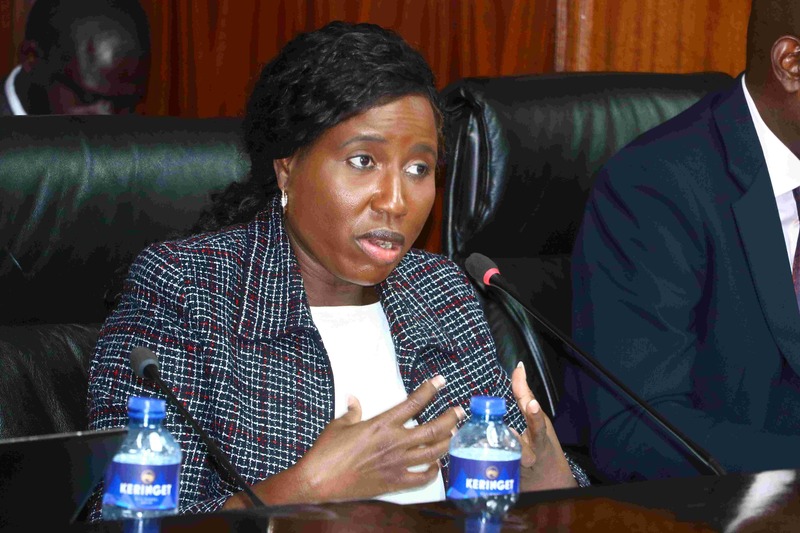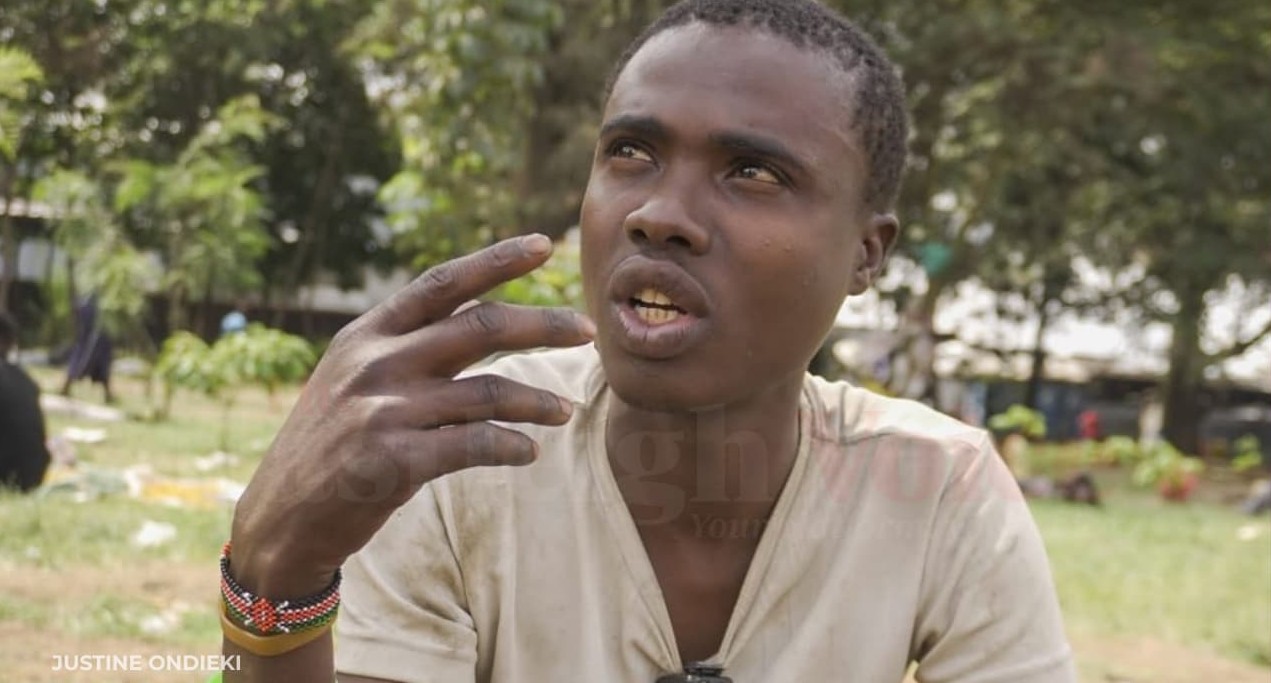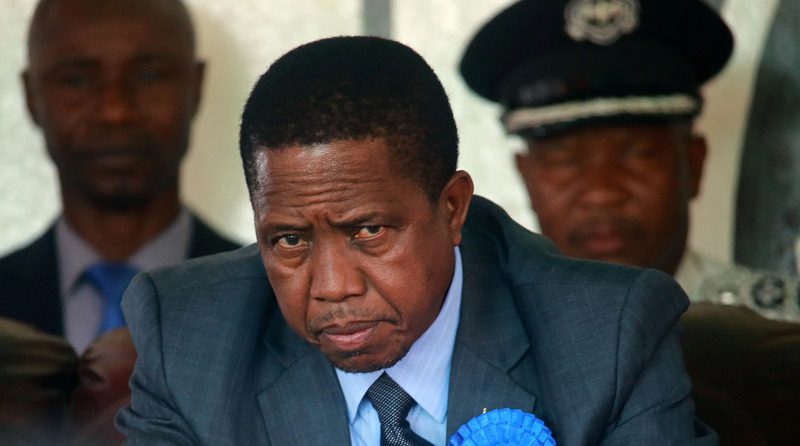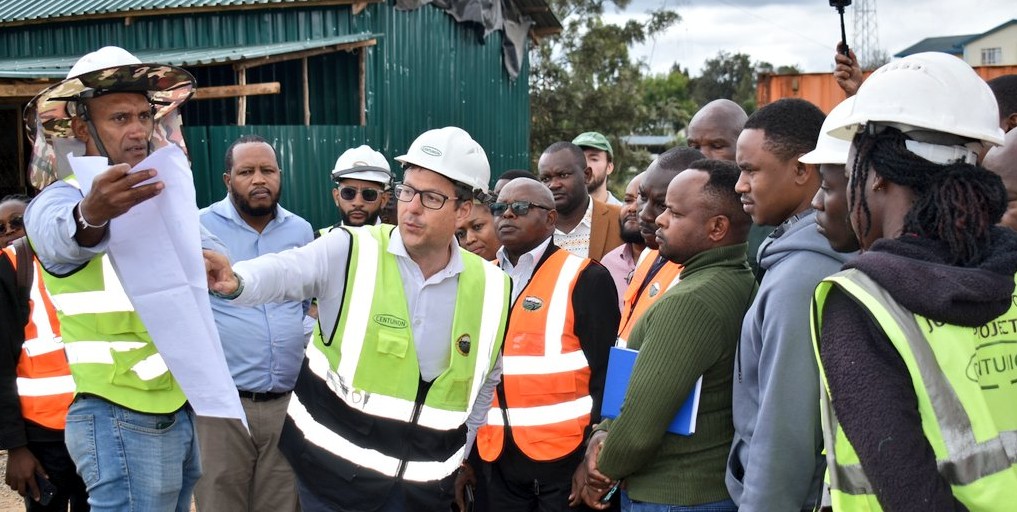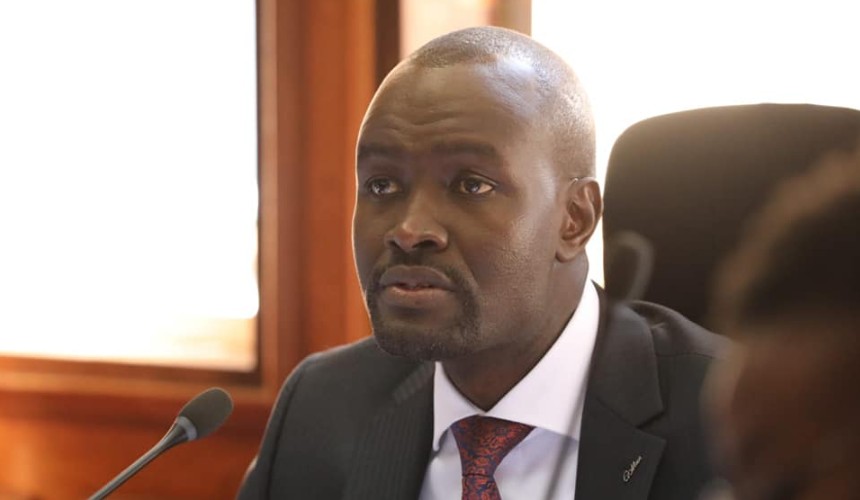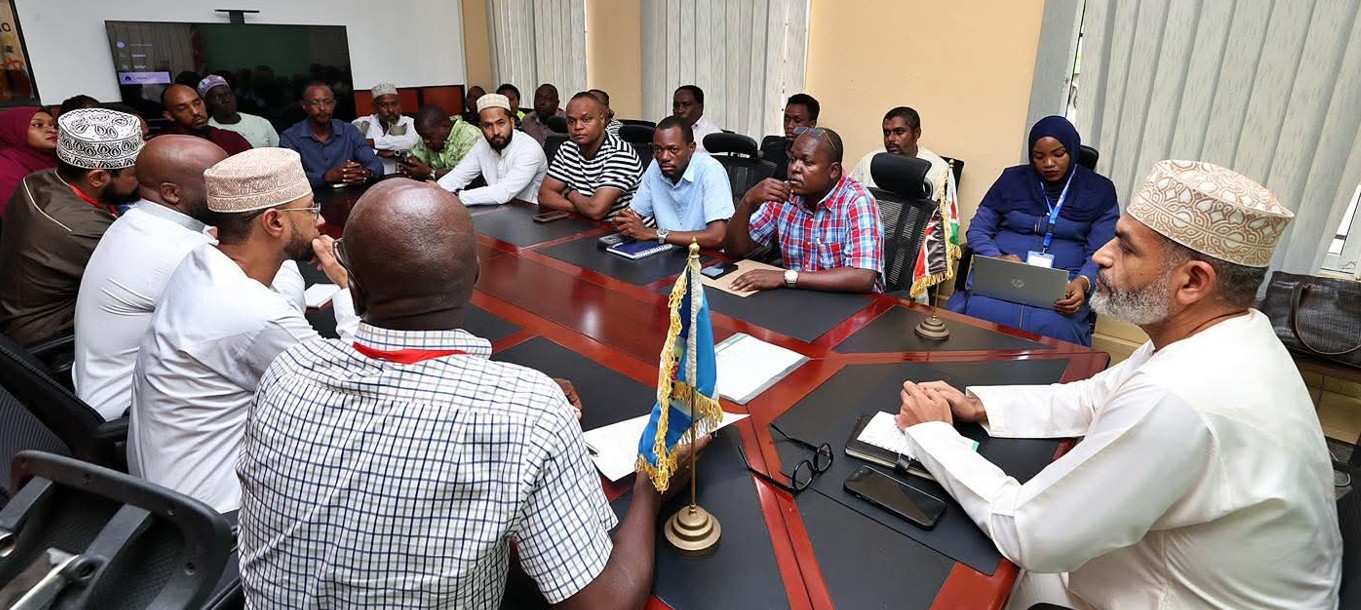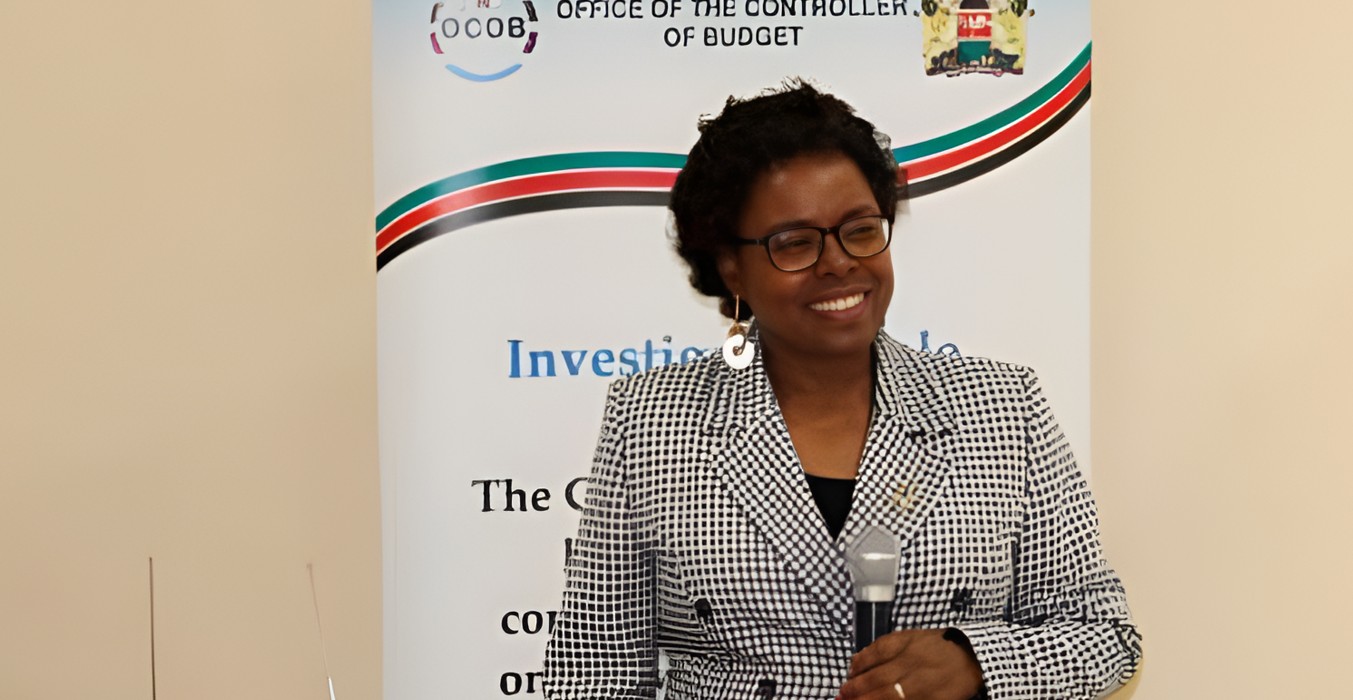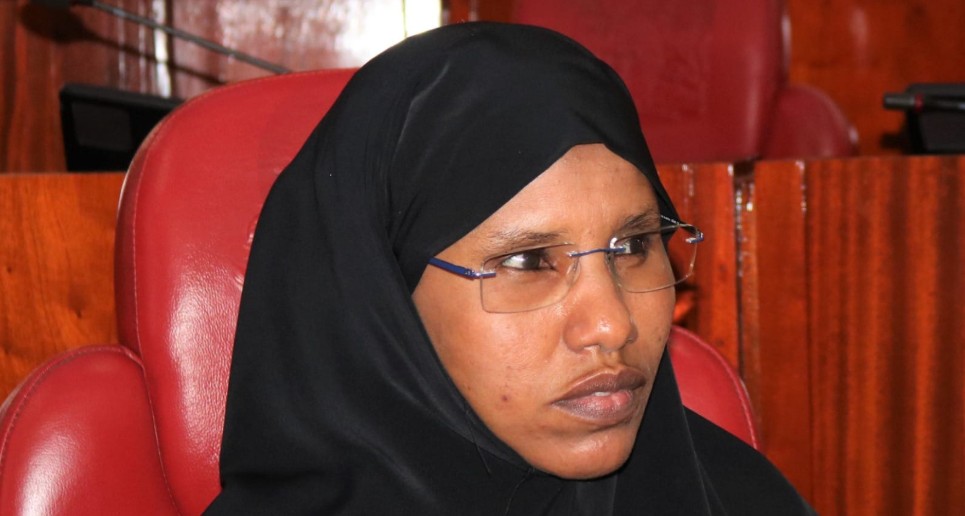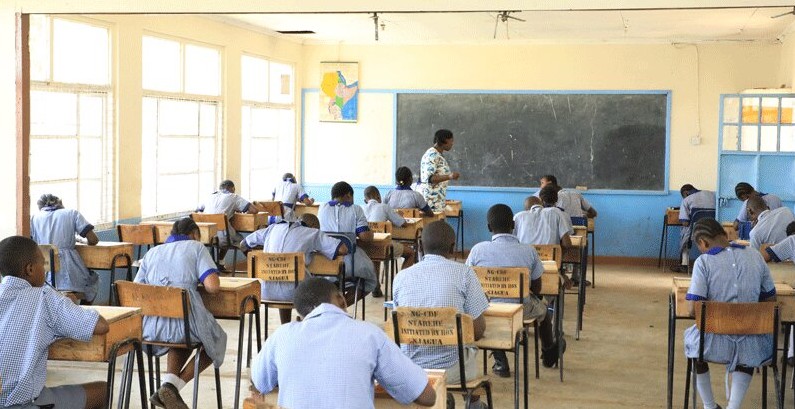Climate crises force millions out of school; Kenya among hardest-hit nations
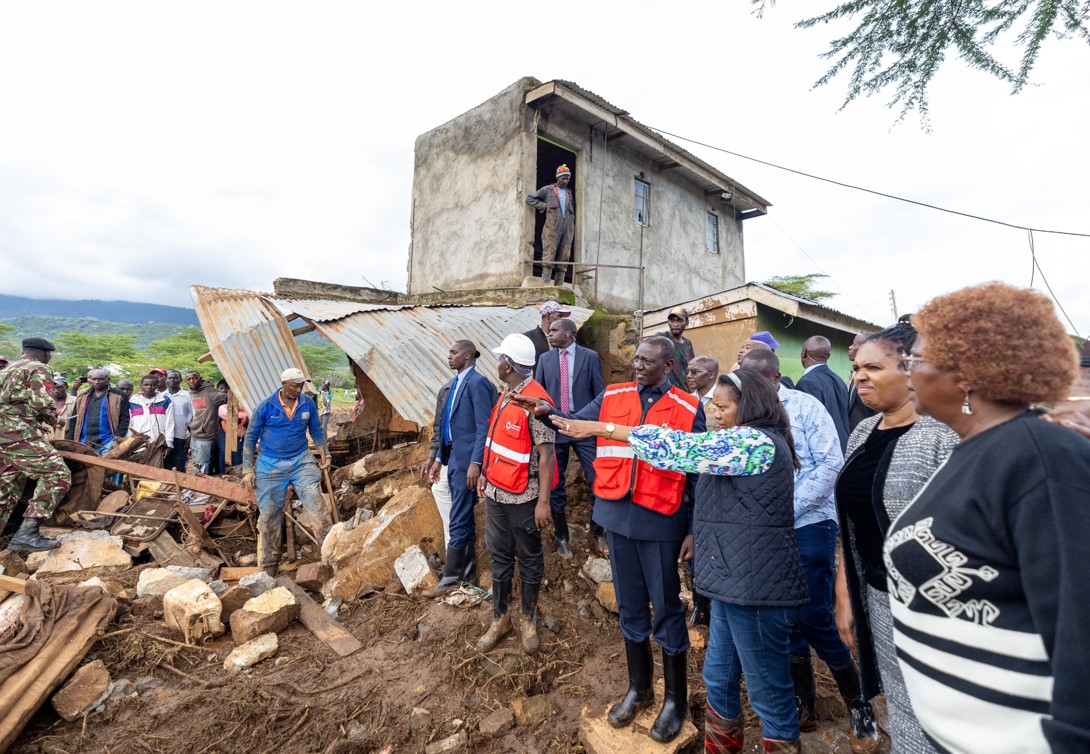
Globally, around 242 million students in 85 countries faced interruptions in their schooling due to extreme weather events such as heatwaves, cyclones and floods.
Kenya was among the countries severely affected by climate-related education disruptions in 2024, with over two million learners impacted by widespread flooding during the long rainy season from March to May.
The floods caused extensive damage to school infrastructure and destroyed teaching and learning materials, hindering education access across the country.
More To Read
- UNICEF warns children may begin to die of 'man-made drought' soon in Gaza
- Children in DRC, Somalia, Nigeria bore brunt of war in 2024 - UN
- IOM sounds alarm over suspension of life-saving transport in South Sudan
- Tide of change: Coastal women demand bigger role in blue economy
- Kenya unveils 2024–2030 disaster risk strategy to protect lives and boost resilience
- UNICEF sounds alarm as Ethiopia faces deadly disease outbreaks amid critical funding gap
In Africa, where over 107 million children were already out of school due to non-climate-related issues, climate disruptions placed an additional 20 million learners at risk of dropping out.
Nigeria recorded 2.2 million students affected by floods, while droughts disrupted education for 1.2 million learners in Ethiopia. In South Sudan, extreme heatwaves disrupted learning for another 2.2 million children.
Globally, around 242 million students in 85 countries faced interruptions in their schooling due to extreme weather events such as heatwaves, cyclones, floods, and droughts, according to a United Nations report dubbed “Learning Interrupted: Global snapshot of climate-related school disruptions in 2024”.
Highest disruption
The UN noted that 74 per cent of affected students were from low and lower-middle-income countries, with Afghanistan experiencing the highest disruption. There, 10.9 million learners were affected by heatwaves and flash floods that destroyed over 110 schools.
Developed countries were not spared, with data showing one million children in Japan were affected by a tropical cyclone, while floods and storms impacted a similar number in Italy. In Portugal, wildfires kept over 16,000 students from attending school.
The report highlighted the challenges posed by climate-induced disasters, revealing that September, the start of the academic year for many countries, saw the most frequent interruptions, with at least 16 nations suspending classes due to extreme weather.
“Extreme climate events shatter education systems, damaging infrastructure and forcing schools to serve as shelters for displaced families,” UNICEF said.
Global learning crisis
The organisation warned that these disruptions exacerbate the global learning crisis, disproportionately affecting vulnerable children who face increased risks of physical harm, mental health issues, child marriage, and child labour.
UNICEF Executive Director Catherine Russell stressed that children are uniquely vulnerable to climate impacts.
“Children’s bodies heat up faster, sweat less efficiently, and cool down more slowly than adults. They cannot concentrate in sweltering classrooms or attend schools washed away by floods,” she said.
Heatwaves were the most prevalent climate hazard in 2024, with over 118 million students affected in April alone. Countries like Bangladesh and the Philippines saw widespread school closures, while Cambodia shortened school days by two hours to mitigate the heat’s impact.
UNICEF called on governments to prioritise climate-resilient education systems.
“Every effort must be made to ensure that schools can withstand climate shocks,” the report stated, advocating for disaster-resilient buildings, remote learning options, and the integration of climate education into curriculums.
The UN agency also urged nations to include child-focused measures in their climate plans, ensuring that education and other critical social services are equipped to address escalating climate challenges.
Top Stories Today

